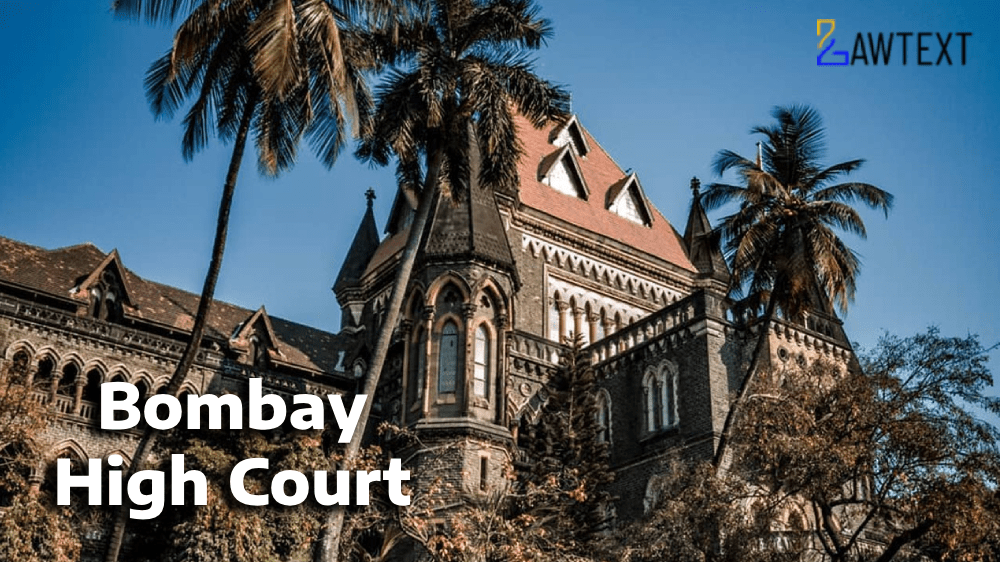

The Bombay High Court, through Justice Arif S. Doctor, dismissed an Interim Application (IA) by the Plaintiff, SR Enterprises. The IA sought to amend the plaint by bringing on record new facts, implead a new defendant (Amardeep Kaur Chadha), and challenge a Deed of Conveyance executed between Defendants 1 and 2. The Court found the proposed amendments unnecessary for resolving the core dispute related to the validity of the termination of the Development Agreement (DA) and Supplementary Agreement (SA). The Court further held that the amendments introduced a new case, which was not aligned with the plaintiff's original claims. However, the Court allowed the plaintiff to file a fresh application for amendments restricted to introducing subsequent facts.
The plaintiff, SR Enterprises, entered into a Development Agreement (DA) and a Supplementary Agreement (SA) with Defendant No. 1 for the redevelopment of a building named "Guru Niwas." The plaintiff alleges that the DA was wrongfully terminated after Defendant No. 1 misrepresented the areas occupied by tenants.
After the execution of the DA, SR Enterprises claimed it discovered that the actual areas occupied by tenants were larger than those disclosed. Further, Defendant No. 1 allegedly executed a Deed of Conveyance with Defendant No. 2, without informing the plaintiff.
SR Enterprises alleged that Defendant No. 1 fraudulently created tenancies in favor of his daughter-in-law, Amardeep Kaur Chadha, and continued to act as the owner of the property after executing the Deed of Conveyance, which the plaintiff claimed was a sham.
The plaintiff filed an application seeking to amend the plaint to bring on record these new facts, implead the daughter-in-law as Defendant No. 3, and challenge the Deed of Conveyance.
Defendant No. 2 opposed the amendment, arguing that the plaintiff had accepted the termination of the DA and SA by seeking damages rather than specific performance. Defendant No. 2 also contended that the amendments were unnecessary as they introduced new claims irrelevant to the original dispute.
The Court referred to Section 55(6) of the Transfer of Property Act, 1882, dealing with the rights of buyers, and the doctrine of lis pendens as well as precedents like Usha Sinha v. Dina Ram & Ors., to decide on the merits of the charge claimed by the plaintiff. However, it was held that the charge under the Transfer of Property Act does not apply to the plaintiff, who was not a buyer but a developer.
The Court dismissed the amendment application, holding that the amendments were unnecessary for determining the real dispute and introducing irrelevant claims. However, the Court granted the plaintiff liberty to file a fresh application restricted to introducing subsequent facts.
The core legal issue was whether the proposed amendments were necessary to decide the main dispute, which was the validity of the termination of the DA and SA. The Court held that since the plaintiff had already treated the DA and SA as terminated by seeking damages, the amendments challenging the Deed of Conveyance were irrelevant and introduced a new case. Amendments are to be allowed when they aid in resolving the core dispute, but not when they introduce extraneous matters.
Amendment Application, Real Estate Disputes, Contract Law
Development Agreement, Misrepresentation, Deed of Conveyance, Amendment of Pleadings, Property Law
Citation: 2024 LawText (BOM) (9) 2701
Case Number: INTERIM APPLICATION (L) NO. 5060 OF 2023 IN COMMERCIAL SUIT NO. 4 OF 2021
Date of Decision: 2024-09-27
Case Title: M/s SR Enterprises In The Matter Between M/s SR Enterprises Versus Gurbachan Kaur Jattinder Singh Chadha & Anr
Before Judge: ARIF S. DOCTOR, J
Advocate(s): Mr Shoaib Ibrahim Memon, for the Applicants/Plaintiffs. Mr Sutapa Saha, for Defendant No. 1. Mr Robin Jaisinghani with Ranjit Dharmadhikari & Kartik Tiwari, i/b Lakshyavedhi Legal, for Defendant No. 2.
Appellant: M/s SR Enterprises In The Matter Between M/s SR Enterprises
Respondent: Gurbachan Kaur Jattinder Singh Chadha & Anr